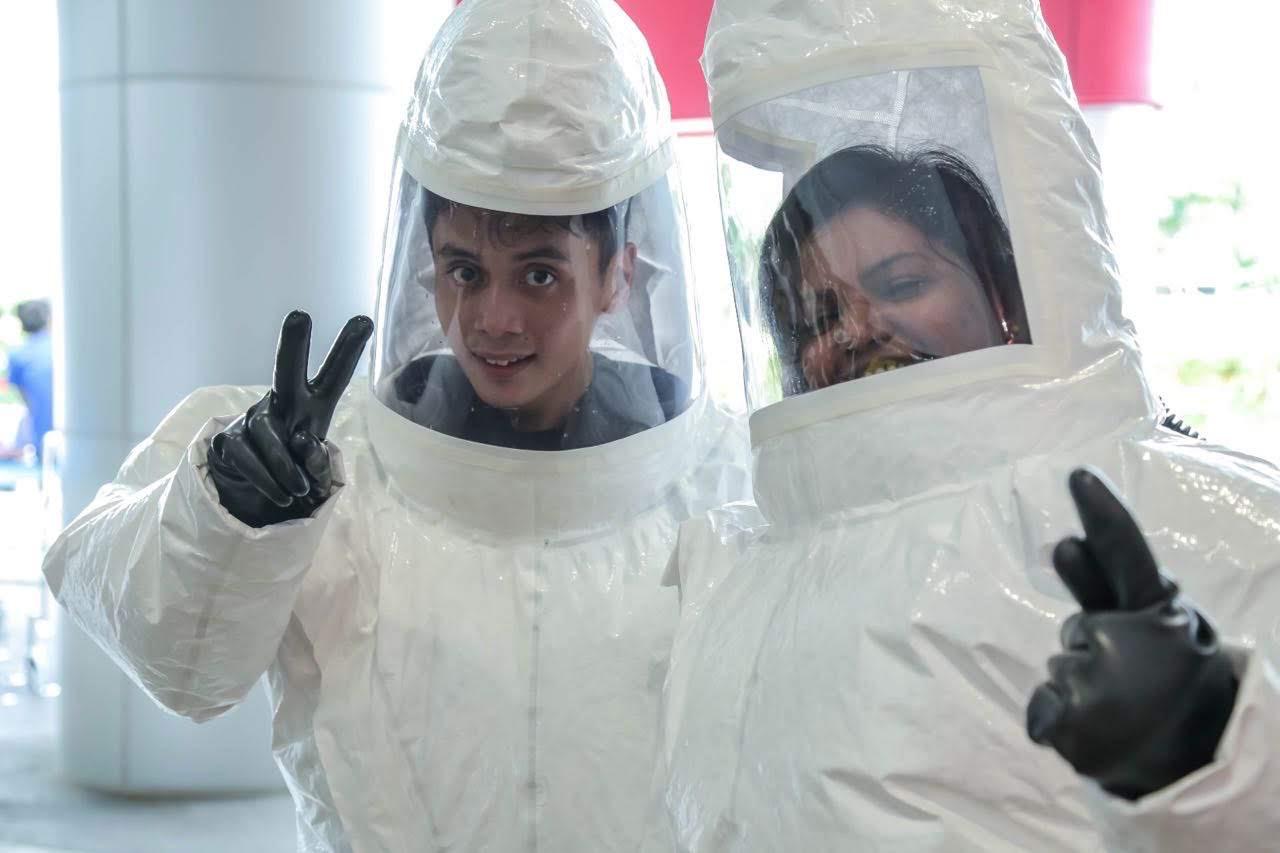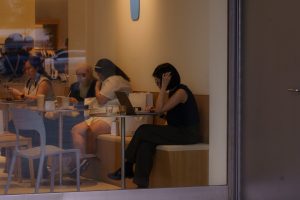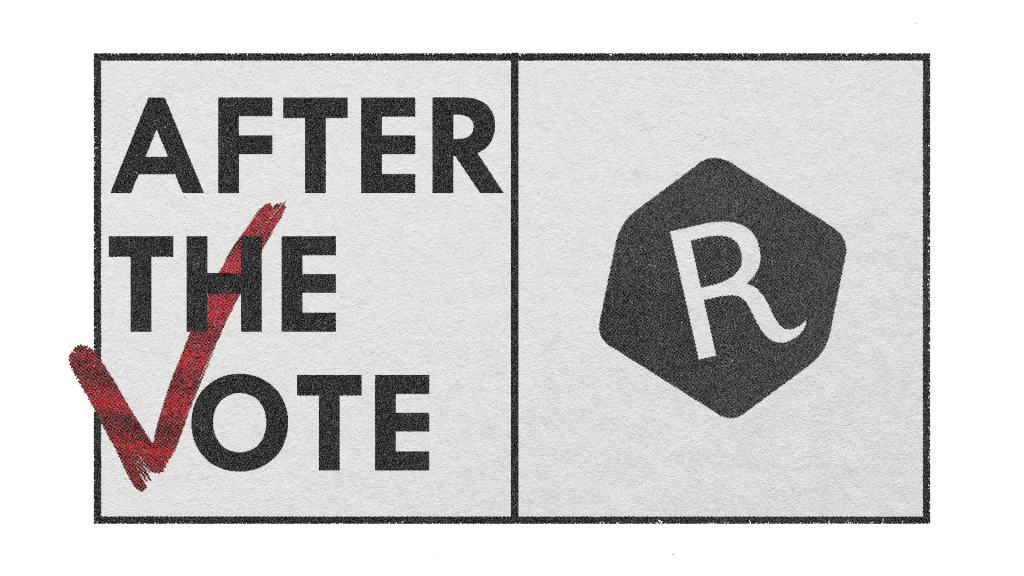
‘After the Vote‘ is a RICE Media series where Singaporeans from all walks of life share their hopes for Singapore—the changes they envision, the values they want to uphold, and the future they want to help shape.
We take a step back to explore the bigger picture: What kind of Singapore are we building beyond this election? Through these conversations, we uncover the aspirations and concerns shaping the nation in the next five years and beyond.
The views in ‘After the Vote’ are those of the interviewees and based on their experiences; they do not reflect the publication’s stance.
All images courtesy of Yurihan.
Since May 2021, The Unconventional Nurse has grown into an Instagram page with a cult following among Singapore’s nursing community. But its founder, who goes by Yurihan, identifies as “a nurse but not really”.
While the 38-year-old no longer works in a hospital, he views himself as firmly part of the healthcare sector and wants others to know that there are many valid ways to be a nurse—hence the moniker ‘The Unconventional Nurse’.
Yurihan explains that he worked in a local hospital from 2010 to 2018 before pivoting to a nurse coordinator role in the medical evacuation field. Now, his job involves reviewing medical records for insurance claims.
Ultimately, his Instagram page is an inclusive space for all nurses (even those who don’t work in hospitals) that also offers career advice, mental health support, and commentary on the realities of working in healthcare. The page has also helped nursing students overcome their anxiety over clinical placements with support and a bit of relatable humour.
The idea for The Unconventional Nurse came during the pandemic, when burnout and frustration were high across the profession. Free from the constraints of hospital employment, Yuri began posting content about nursing life.
“There are things I can say that hospitals can’t,” Yurihan tells RICE.
For instance, when the Ministry for Health stated that rising healthcare costs were “mainly driven by manpower costs” after COVID, Yurihan responded with a post highlighting the potential risk of unintentional blame on healthcare workers. It’s the kind of conversation, he says, that you won’t see on the social media accounts of hospitals and other institutions.
RICE is taking a longer-term view towards the Singapore we’re collectively building. And Yurihan has plenty to say about building a society where nurses are seen and treated differently.
What is one change you hope to see in Singapore by 2030 that would make life meaningfully better for people like you?
One thing that the government has been consistently trying to do is elevate the status of nursing and nurses in Singapore. They’ve had campaigns, even drama serials about healthcare workers, which I believe have been well-received and are deeply appreciated by the nursing community.
Unfortunately, even though things have improved, I still feel there is room for further improvement.
Word on the street—or at least from my followers and friends—is that the work that nurses do is still not being appreciated. In hospitals, degrading remarks from patients and their relatives like “You’re just a nurse” are common.
Even if they do not say it, their body language, choice of words, and tone often drip with condescension. It subtly reinforces the idea that nurses are secondary, invisible, or less competent than they are.
Back when I worked in a hospital, I had my fair share of these experiences. Patients would say, “I don’t want to talk to a nurse. I want to talk to a doctor.”
I just hope that we can continue to elevate the status of nursing and nurses in Singapore.
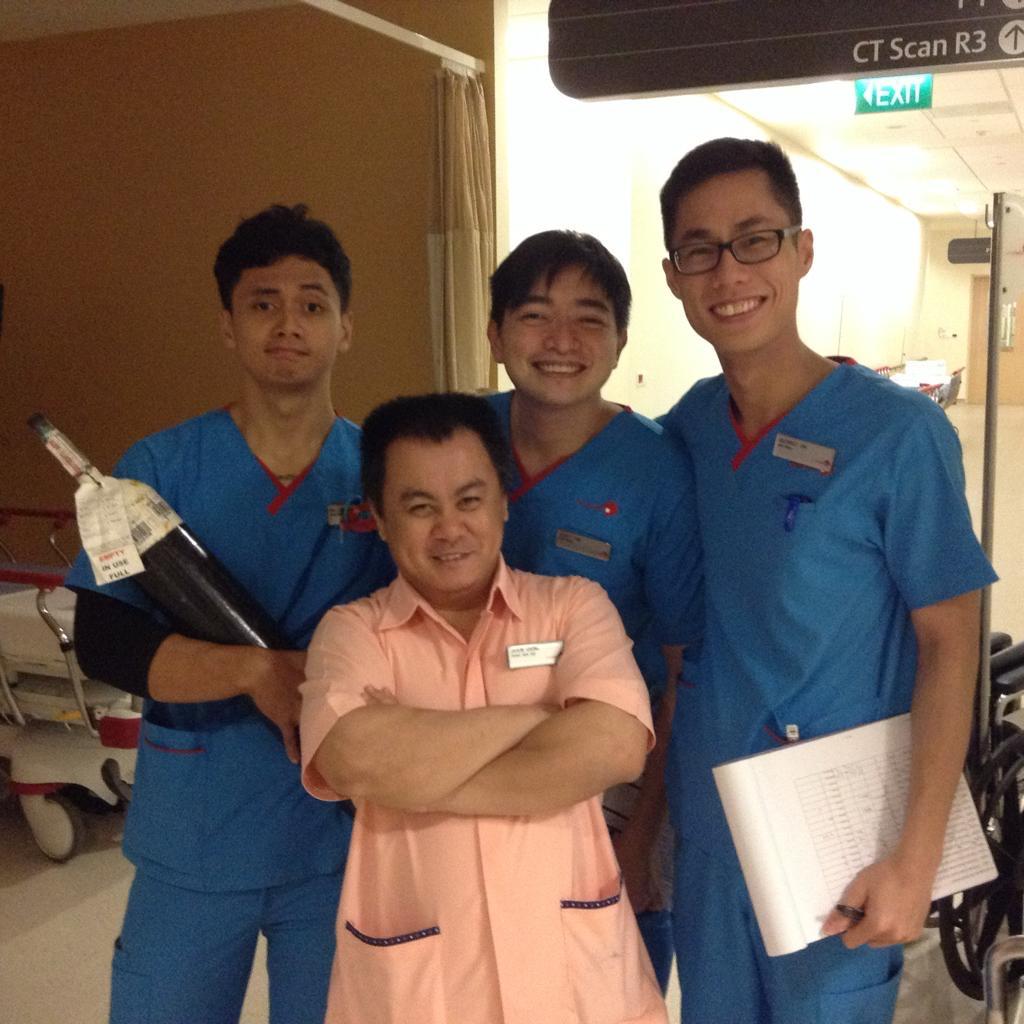
If society absorbs this message, I think there will be a positive ripple effect. Once the status of nurses goes up and awareness grows about our job prospects, then more people will want to be nurses.
When more people join the field, this will hopefully address the manpower issues. Then, nurses will feel less burnt out, and they won’t say that their salaries are not enough.
For me, honestly, I feel that a nursing career generally offers a decent pay and good job stability—and you don’t really have the fear of being retrenched or laid off! That said, I do think certain nursing roles and institutions could benefit from a well-deserved salary increase. This is especially given the demands placed on them—like enrolled nurses, basic care assistants, and nurses in Intermediate and Long-Term Care (ILTC) services.
It’s not a bad job overall. I just believe that if the workload and manpower issues are addressed adequately and appropriately, nurses will be much happier in their roles.
What are some misconceptions about nursing you want to debunk?
I wish more people, especially kids, knew that a nursing career isn’t limited to just bedside nursing.
People are sold this image of nursing as a noble job, and you’re told to find purpose and fulfilment in it. People also tend to associate nursing with tasks such as cleaning up patients and changing diapers.
Yes, that does come with the job sometimes. But if you also tell people about the other avenues of nursing, it might pique their interest.
There are flight nurses who travel on planes and assist with transferring patients to other countries for treatment. Additionally, there are other non-bedside specialisations, including teletriaging, clinical application specialists in the pharmaceutical industry, and case managers for financial institutions.
If more people knew this, I think we’d see more people joining the nursing field.
What’s a challenge Singapore must overcome in the next six years to stay a place where people want to live and thrive?
Indeed, there is a trend among local nurses who take their talents overseas to countries such as Saudi Arabia, Australia, and New Zealand. It’s not entirely because of the money. Say you go to Australia, you might earn a bit more, but the taxes are high there.
So why are people moving? They just want a work-life balance.
To be honest, I’m not entirely sure of what the solution is. I suppose it’s largely a matter of addressing the manpower issues.
Could you elaborate on the work-life balance issues nurses face?
I think, for nursing—or rather, as long as you work shifts—you will face this problem.
First is the extra hours that you work. Let’s say you work in a hospital and your shift is 1 PM to 9 PM on paper. Nurses often arrive half an hour earlier to change and review their notes for the upcoming shift.
And at the end of the day, they will never leave on time. Never. There are often uncompleted tasks, and handing over to the next shift also takes time.
The next thing is shift patterns. If you work a morning shift and then an afternoon shift the next day, there’s no issue. You can rest. But then sometimes, you end work at 9 PM or 10 PM, and still have to wake up at 5 AM to get ready for work the next day. This is the kind of shift pattern that wears us out.
And then, of course, you also have to factor in that some nurses have children, as well as elderly or sick parents. I don’t know how they do it.
If you work night shift, your mornings will be dedicated to your family or your kids—not rest.
Some healthcare institutions have special arrangements, such as permanent morning or night shifts, where your work patterns are more structured and regular. But it’s on a case-by-case basis, and not everyone gets it.
If you could introduce a new national priority for Singapore, what would it be, and why?
Singapore excels at devising national initiatives, but we often overlook the importance of kindness and empathy toward others. I think everybody should be kinder and more mindful of their words and actions.
In a hospital setting, if you’re a patient and you’re sick, you have every right to advocate for yourself. But if you can understand what your nurse is going through on that day, I think your approach would probably be slightly better.
Of course, the nurse will also have to understand where the patient is coming from. For example, a patient who has just received a cancer diagnosis might have their anxiety at a peak.
What small shift—policy or mindset—could make a big difference in the daily lives of your community?
I think what needs to change is 1) shift scheduling and 2) the freedom to take leave.
We’ve discussed the first already. The second point refers to having the flexibility to take leave without facing judgment.
Often, when nurses take leave, we get comments from colleagues like “Wah, take leave again” or “Why is your child always sick?”
I understand that management may sometimes have its own concerns. If you give too much freedom in terms of leave, you may not have enough operational manpower. But that’s something you should settle on the management level.
Again, just be kind and more mindful of each other. We can be less critical and judgmental of people taking leave. We are all human and have different circumstances. We have our own families, kids, and elderly loved ones—some with special needs as well.
Kindness is a two-way street. It goes a long way toward making society better.
Singapore moves fast. What’s one thing we need to slow down for?
We need to slow down for ourselves and our loved ones. It can be hard for healthcare workers to slow down.

Before I had kids, I remember being able to take time for myself between my shifts to unwind and do things like sports. But I think it’s more challenging for nurses and healthcare workers with families.
Let’s say, the day before, you were doing the afternoon shift. I am sure you will be very tired after today’s morning shift. You want to spend time with your kids, but you’re so tired and you just want to crash. It’s hard to be present and slow down.
Shift work is demanding. It’s part of the reason why a lot of nurses are reaching out to me and sharing that they are trying to find jobs in polyclinics, where you can work office hours.
But the thing is, it’s very hard for nurses to get into polyclinics because headcount is limited.
What’s one thing about Singapore you’d want to protect for the future?
I just hope that our healthcare infrastructure can remain as it is, or get even better. We’ve got a dwindling birthrate and a growing elderly population.
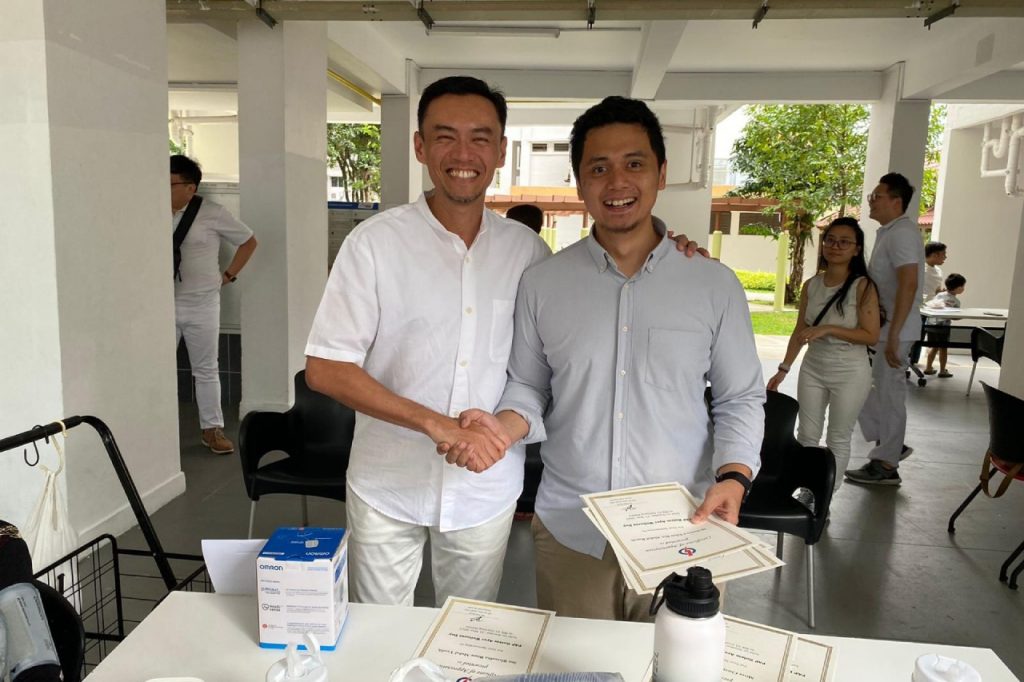
I know that our government is building up our healthcare infrastructure and exploring alternative models like having doctors and nurses do house calls. My only worry is that we don’t have the resources, especially manpower, in the future.
In 2030, what kind of Singapore would you be proud to call home?
I just hope that we can continue to keep healthcare affordable in Singapore. I also want Singapore to be a place where everyone is kind to each other and mindful of each other’s feelings, and where people are not quick to judge.

